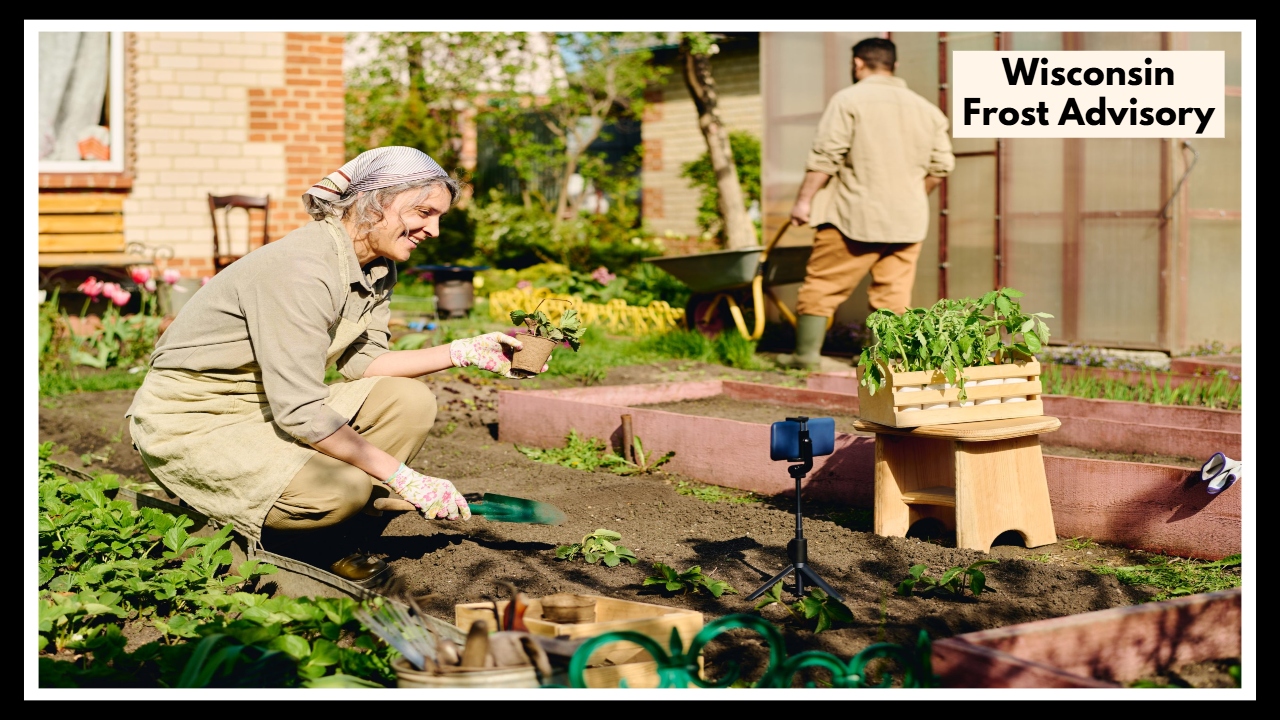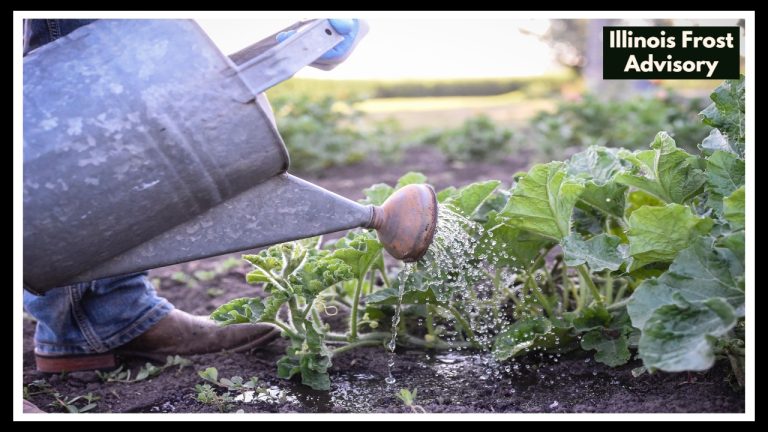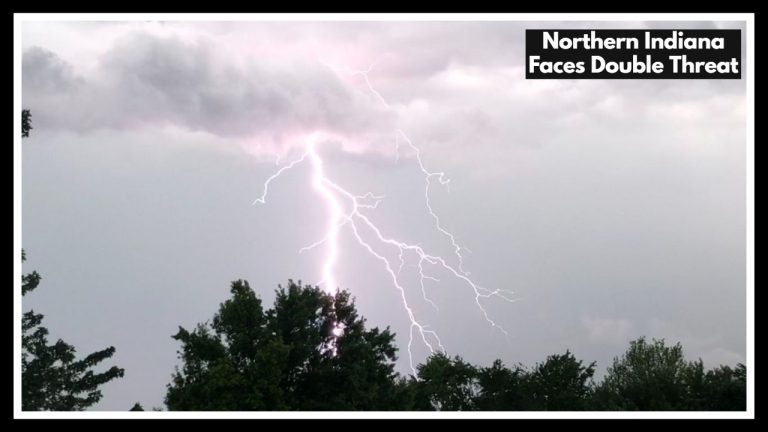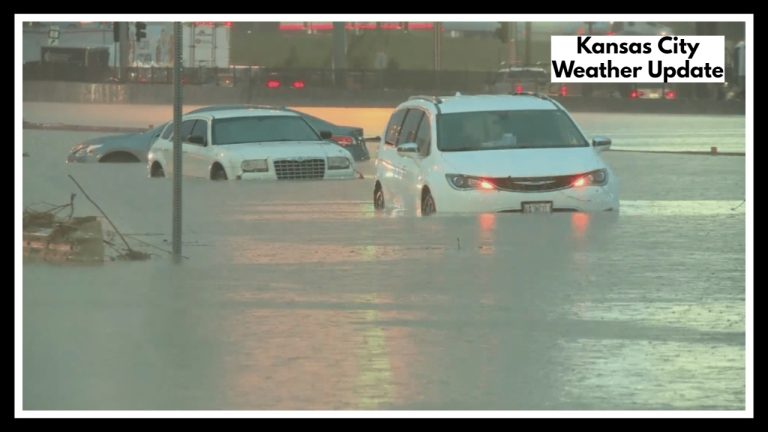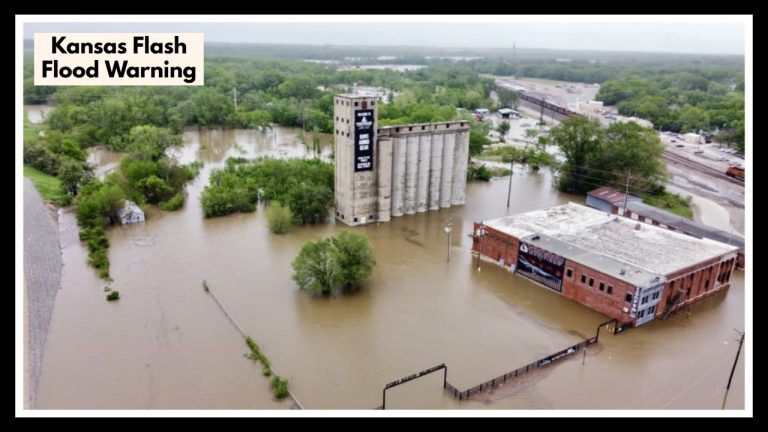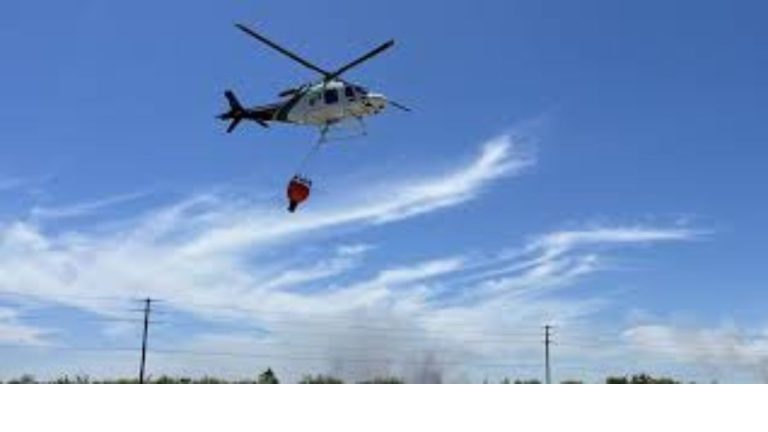Wisconsin Frost Advisory Shocks Gardeners—Here’s How to Save Your Plants Before Morning!
Just when you thought spring had settled in for good, the weather has other plans. A Wisconsin Frost Advisory has been issued for multiple counties as temperatures are expected to dip into the low 30s early Friday morning. That kind of chill can do real harm to your garden—especially if you’ve already started planting those tender flowers and veggies.
Cold Snap Could Threaten Your Plants Overnight
The National Weather Service has warned that from 1:00 a.m. to 8:00 a.m. CDT on Friday, May 9, residents across Adams, Clark, Juneau, Taylor, Richland, Vernon, Jackson, and Monroe counties should be on frost alert. While it might seem late in the season for this kind of advisory, a sudden temperature dip like this can sneak up on even the most experienced gardeners.
What makes this Wisconsin Frost Advisory particularly important is the timing. After a stretch of mild weather, many people have already moved plants outdoors and filled garden beds. But even a few hours of frost can wipe out weeks of growth—and leave you starting from scratch.
How to Protect Your Garden from the Wisconsin Frost Advisory
Thankfully, it doesn’t take much to protect your hard work. Here are a few quick tips to help your plants make it through the night:
-
Cover your plants with an old sheet, blanket, or frost cloth—just make sure it’s not plastic and doesn’t sit directly on the leaves.
-
Bring pots indoors or into a garage if possible.
-
Water the soil in the evening to help it retain warmth during the night.
-
Anchor coverings so they don’t blow off in the wind.
These simple actions can make the difference between a thriving garden and one that gets set back by weeks.
Why This Frost Matters—Even in May
You might be thinking, “Isn’t it a little late for frost?” You’re not wrong—it’s uncommon this far into spring, but not unheard of. Wisconsin weather in May still has its surprises, and this advisory is proof. The Wisconsin Frost Advisory is a reminder that nature isn’t always on our schedule, and staying vigilant just a little longer can save your season.
FAQ About Wisconsin Weather
1. What is a Wisconsin Frost Advisory and why should I care?
A Wisconsin Frost Advisory is a warning from the National Weather Service that temperatures are going to drop low enough—into the 30s overnight—to cause frost. That might sound harmless, but frost can damage or even kill sensitive plants. If you’ve been planting flowers or veggies, you’ll want to take this seriously to protect your hard work.
2. Which areas are impacted by this frost advisory?
If you live in Adams, Clark, Juneau, Taylor, Richland, Vernon, Jackson, or Monroe counties, you’re in the zone. The frost is expected between 1:00 a.m. and 8:00 a.m. CDT on Friday, May 9. If you’re nearby, it’s still a good idea to keep an eye on the temperature!
3. Which plants are most vulnerable to the frost?
Any plants that are still delicate or newly planted are at risk—think tomatoes, peppers, herbs like basil, and flowers like petunias or marigolds. If you’ve been getting your garden ready for the season, those young plants might not yet be tough enough to handle a late frost.
4. What can I do to protect my plants tonight?
You’ve still got time! Here’s how to keep your plants safe:
-
Cover them with an old sheet or towel. Just make sure the fabric isn’t too tight or it will touch the leaves.
-
Bring potted plants inside if possible, or move them into a garage or shed.
-
Water the soil in the evening to help trap some warmth overnight.
-
Skip the plastic covers—they can make things worse by trapping too much moisture.
These little steps can go a long way in keeping your plants safe through the cold snap.
5. Isn’t it a little late in the season for frost?
You’d think so, right? But Wisconsin’s weather can surprise you. While it’s rare to see frost this late in spring, it definitely happens, especially in early May. That’s why many gardeners wait until mid-May or later before planting those frost-sensitive crops. This advisory is just a reminder that nature doesn’t always follow our calendars.

